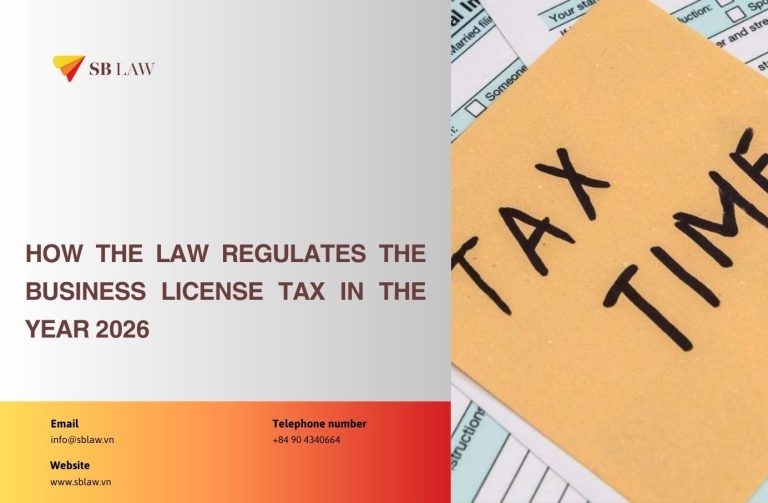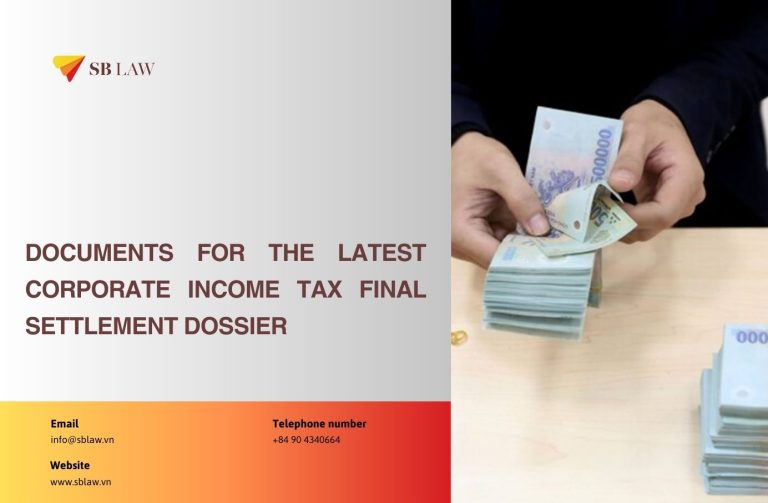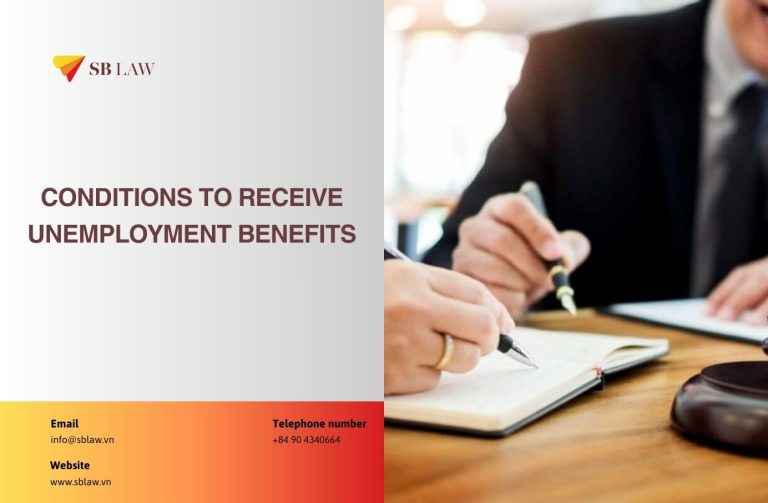Specifically, the structure and basic content of the draft revised Law on Corporate Income Tax are as follows:
Structure:
The Draft Law on Corporate Income Tax (revised) consists of 05 Chapters and 25 Articles, as follows:
- Chapter I: General Provisions, comprising 05 articles (Articles 1 to 5).
- Chapter II:Basis and Method of Tax Calculation, comprising 06 articles (Articles 6 to 11)
- Chapter III: Corporate Income Tax Incentives, comprising 07 articles (Articles 12 to 18).
- Chapter IV: Additional Corporate Income Tax under Global Anti-Base Erosion Rules, comprising 05 articles (Articles 19 to 23).
- Chapter V: Implementation Provisions, comprising 02 articles (Articles 24 and 25).
Basic Content:
Aligning with the objectives and viewpoints on the development of the aforementioned Law project, the Drafting Committee has reviewed all provisions of the current Corporate Income Tax Law and relevant subordinate legal documents (Decrees, Circulars) to develop the draft revised Law on Corporate Income Tax. Accordingly, the draft Law:
- Amends and supplements provisions in 19 articles of the current Corporate Income Tax Law.
- Repeals Article 12 of the current Corporate Income Tax Law, which stipulates the place of tax payment.
- Adds 06 articles detailing principles and subjects eligible for corporate income tax incentives (Article 12) and additional corporate income tax under global anti-base erosion rules (Articles 19 to 23).
For the revised and supplemented contents, the draft Law follows the 07 policy groups in the Proposal for the Development of the Corporate Income Tax Law Project approved by the Government, the National Assembly Standing Committee (NASC), and the National Assembly, including:
- Perfecting provisions related to taxpayers and taxable corporate income;
- Perfecting provisions on tax-exempt income;
- Perfecting provisions on determining taxable income and tax calculation methods;
- Perfecting provisions on determining deductible and non-deductible expenses when determining taxable corporate income;
- Adjusting the corporate income tax rate for certain groups to align with new requirements and contexts;
- Perfecting provisions on corporate income tax incentives;
- Implementing additional corporate income tax under global anti-base erosion rules.
Furthermore, to achieve the aforementioned objectives, the draft Law incorporates several contents that are currently stably implemented in subordinate legal documents (Decrees, Circulars) related to these policies to ensure transparency, stability, and facilitate compliance with corporate income tax laws by taxpayers and tax authorities, promote administrative procedure reform, and improve the business investment environment.
To align with the inclusion of provisions on additional corporate income tax under global anti-base erosion rules as stipulated in Resolution 107/2023/QH15 dated November 29, 2023, of the National Assembly and other related contents to be implemented in the near future into the draft Law, the Ministry of Finance proposes amending the scope of regulation in Article 1 of the draft Law as follows: “This Law stipulates taxpayers, taxable income, tax-exempt income, tax bases, tax calculation methods, and corporate income tax incentives; additional corporate income tax under global anti-base erosion rules."
The revised Law on Corporate Income Tax is expected to take effect on January 1, 2026.




